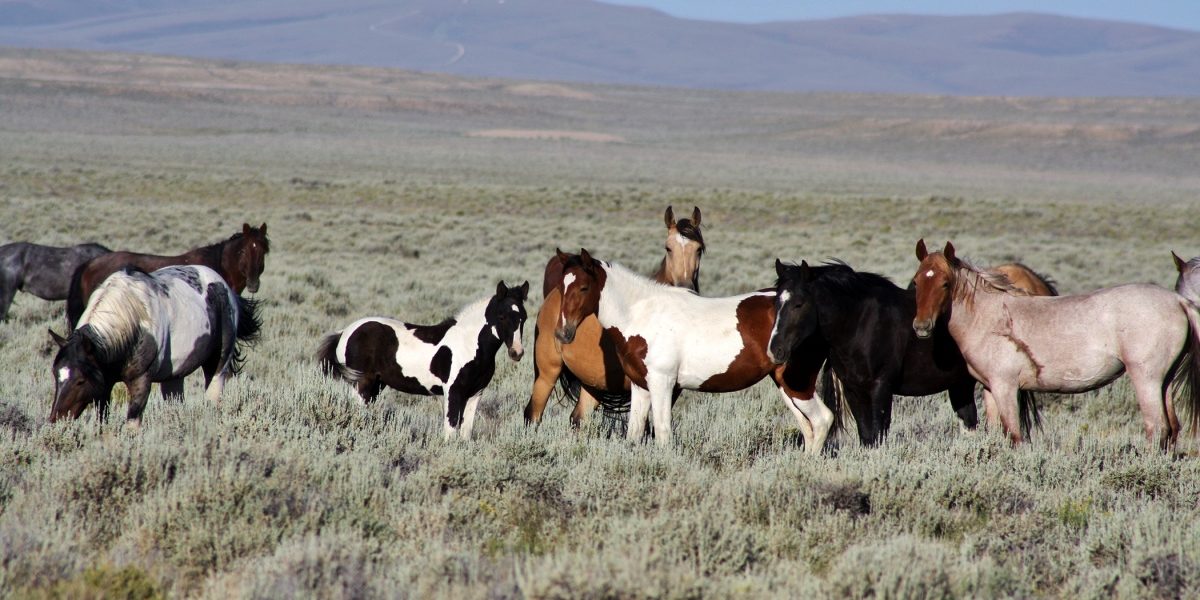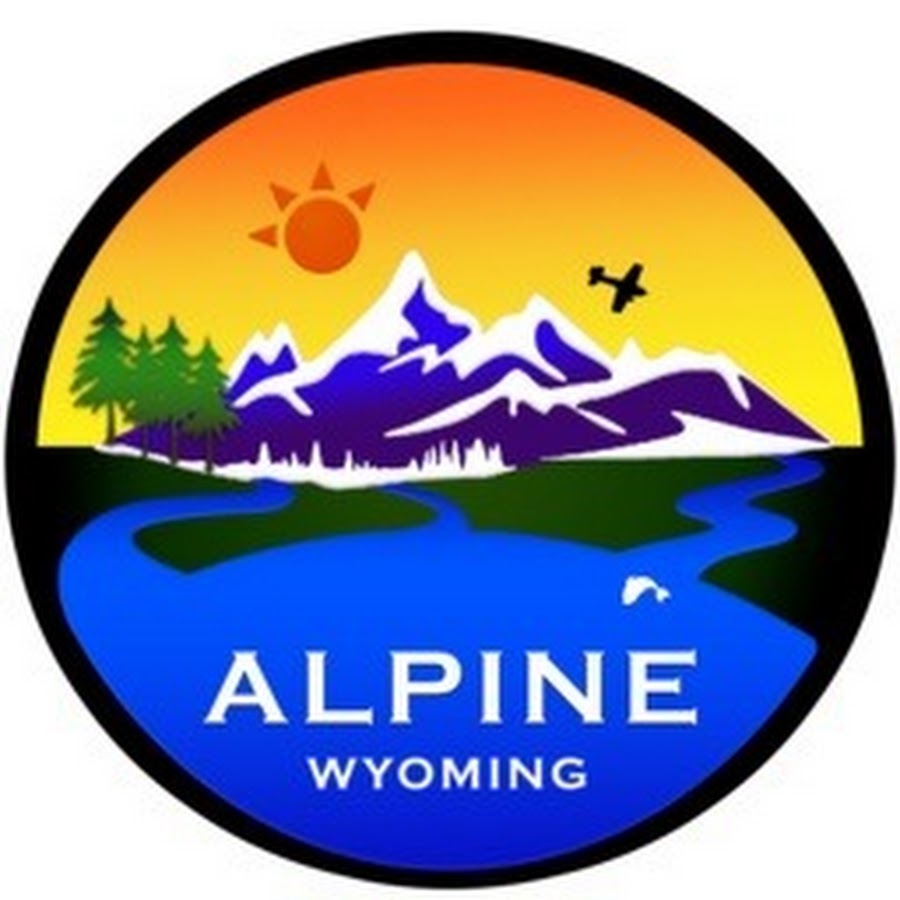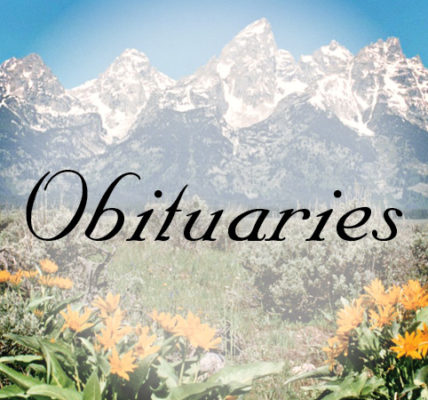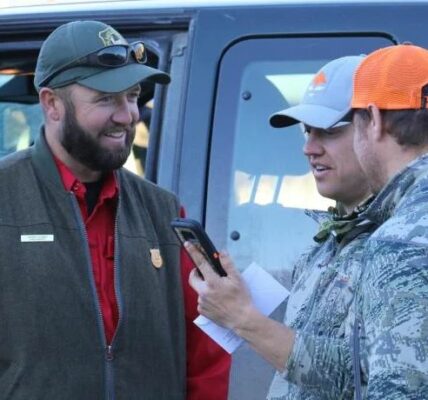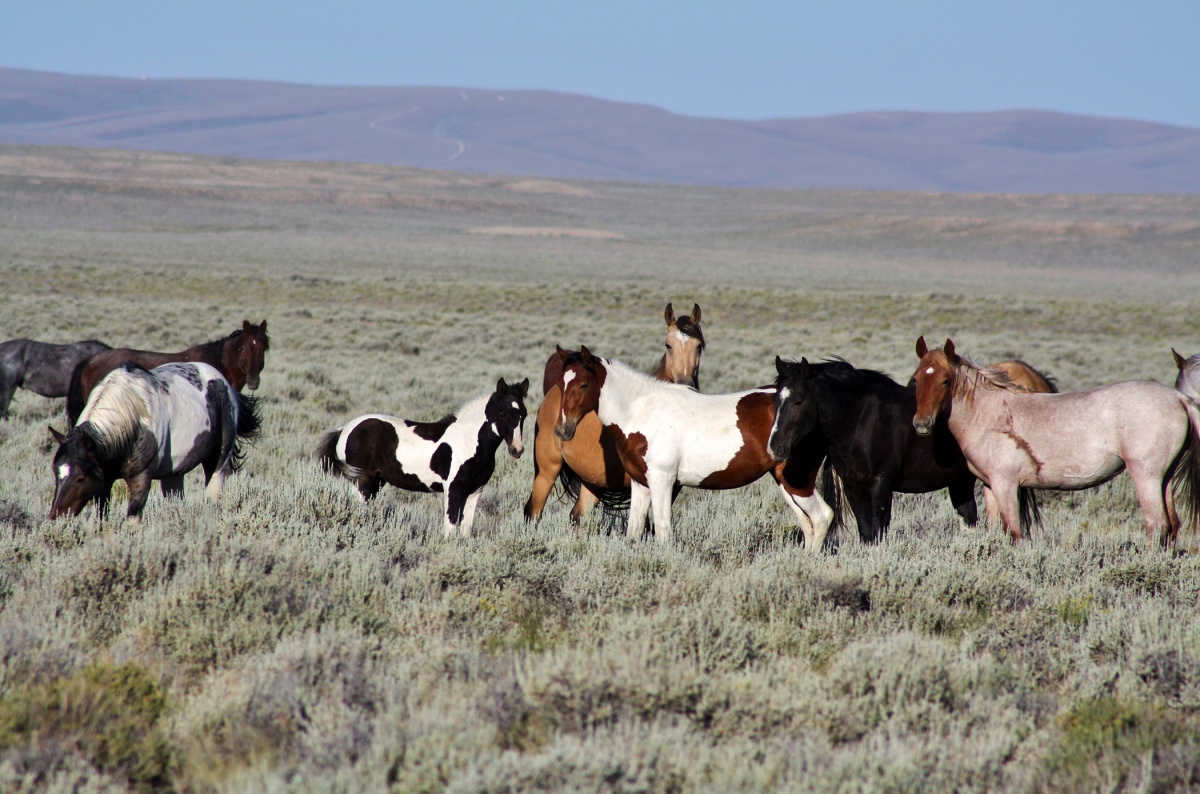
• Friends of Animals says BLM prioritizes for-profit industries
By Sofia Saric
Casper Star-Tribune
Via- Wyoming News Exchange
CASPER — An animal advocacy organization is accusing the Bureau of Land Management of prioritizing for-profit entities over the environment after its recent decision to eliminate or reduce wild horses from over one million acres in southwestern Wyoming.
The BLM approved a resource management plan in May, which would cause the reduction or elimination of hundreds of wild horses from the Adobe Town, Great Divide Basin, Salt Wells Creek and White Mountain regions, the ruling states.
By law, the agency isn’t allowed to kill wild horses, but it can capture and move them.
In response, a nonprofit group seeking to free animals from cruelty and exploitation, Friends of Animals, filed a suit against the BLM and the secretary of the Department of the Interior last week, documents show.
This decision to have wild horses “torn from their homes on public lands to serve the interests of private industries ” is “devastating,” Jennifer Best, an attorney representing Friends of Animals, told the Star-Tribune. “[I]t could also set a dangerous precedent that allows private interests to dictate how public lands are managed.”
The BLM is required to protect and manage wild horses and burros as part of the public lands after Congress deemed them “living symbols of the historic and pioneer spirit of the West” in 1971, the lawsuit states. Due to this, the removal of wild horses can only be authorized in very limited circumstances.
In Wyoming, public land and private or state-owned land intermingle with the federal lands, known as a “checkerboard” pattern, which makes the issue more complex.
This checkerboard is the result of an agreement between the federal government and the Union-Pacific Railroad company, which awarded odd-numbered lots of public land to the company along the railroad right-of-way, the lawsuit states, and now, the Rock Springs Grazing Association, a private corporation, owns or leases a significant percentage of that private land within the checkerboard.
The association pays $1.35 per animal per month to graze private cattle and sheep on this land, which is about $22 cheaper than the average fee for grazing on other lands.
The Rock Springs Grazing Association is accused of continually opposing the presence of wild horses in the checkerboard, which “it views as competitors with livestocks for forage,” the lawsuit states.
The association formally requested the removal of wild horses for the first time in 1977. This started a decades-long, on-again, off-again legal battle over the wild horse population, which ultimately resulted in the removal of thousands of horses over the years, according to the lawsuit, but never a removal of this magnitude – which will reduce several of the areas to zero wild horses.
The lawsuit alleges the driving purpose behind this decision was the Rock Springs Grazing Association’s withdrawal of consent to maintain wild horses over the difficulties managing them.
The Rock Springs Grazing Association did not respond to a request for comment Thursday.
Under this decision, only a portion of the Adobe Town region will be allowed to keep 259 to 536 wild horses, and the White Mountain region would be managed for 205 to 300 wild horses.
The lawsuit alleges that the BLM improperly managed the wild horse population to benefit private interests and failed to “take a hard look” at the impacts of this proposed action, so Friends of Animals is asking the courts to vacate this amendment entirely.
Friends of Animals, its members, and many Americans care deeply about these wild horses, said Best. Beyond being a vital part of Wyoming’s history and economy, “wild horses can contribute to healthy and resilient ecosystems.”

